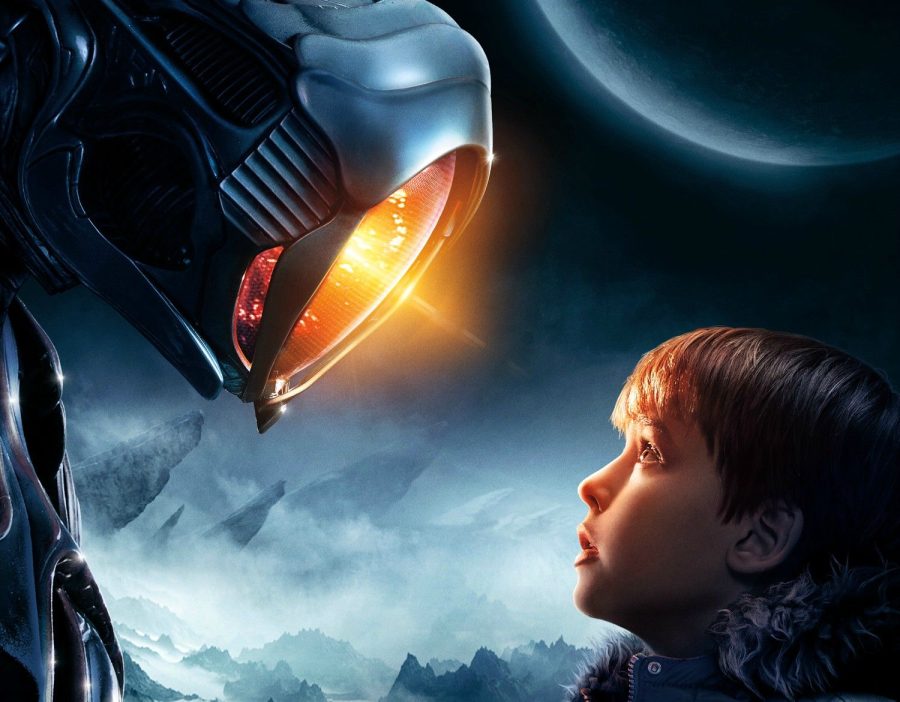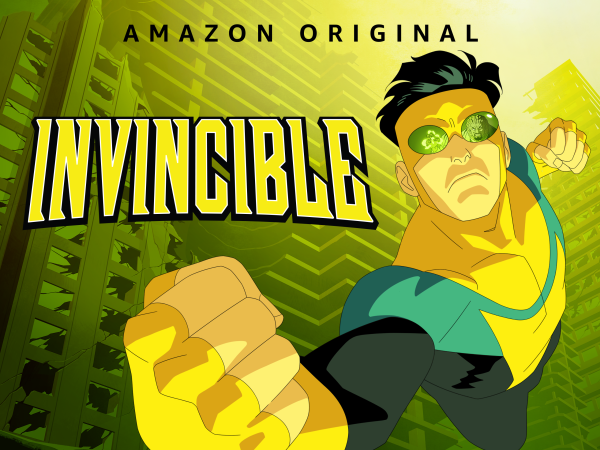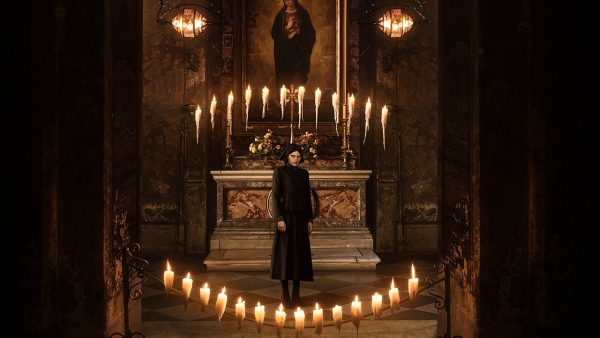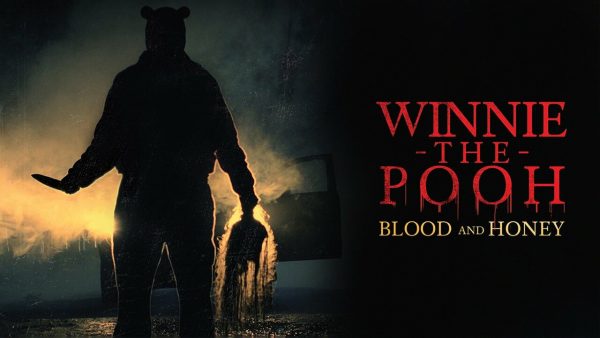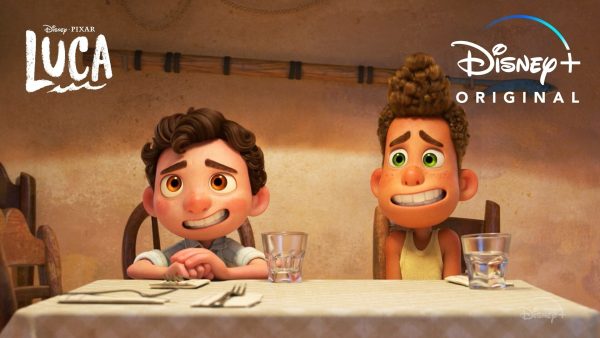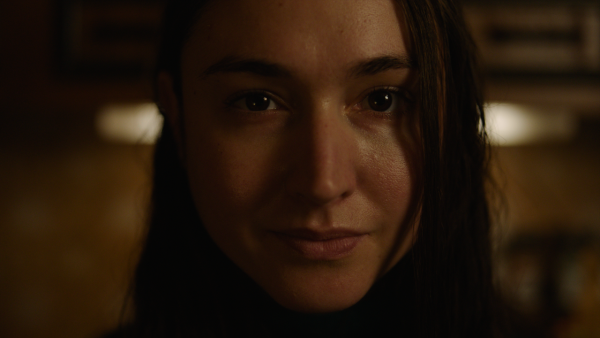‘Lost In Space’ comes to fitting end
Recreation of old series finishes strong
January 7, 2022
Based on the 1960s series by the same name, itself based on the 1812 novel titled “Swiss Family Robinson,” Netflix’s third and final season of “Lost In Space” does not disappoint.
Following the misadventures of the Robinson family and their attempts to make their way to the planet Alpha Centauri, facing setback after setback, viewers are left captivated and wanting more with each episode. Overarching plot lines and characters, following across seasons, also serve to keep viewers invested.
One of my favorite things about “Lost In Space” is how the plot and story slowly unravel over time. Instead of resolutions happening by the end of episodes or even seasons, plot lines and conflicts span the entire series, with events that happened in season one only being explained in the final season. This leaves viewers with closure, as well as an incentive to continue watching.
Another element that I really enjoyed was the music throughout the show. In my experience, while music doesn’t often make or break a show, when done correctly, it can really elevate the experience for the viewer. This is most definitely the case in “Lost In Space.” In tense scenes, the music slows, mimicking and propagating the emotions shown on screen. Whereas, more cinematic shots are accompanied by fitting, orchestral sounds with steep crescendos. Emotions that could just be displayed or told are given a whole new depth with the soundtrack.
The only gripe that I have with the show, and forgive me if this is too macabre, is the amount of plot armor that characters have and the inability for writers to commit to killing off any key characters. The show thrives on tense, breath-holding-worthy scenes that leave the viewer on the edge of their seat. Nearly all of these scenes involve one of the primary characters — something that no doubt contributes to the anxiety these scenes produce. Yet, although there are multiple points in the show where a character’s death would make complete sense, somehow, without fail, they always walk away unscathed. By the third season, this pattern is pretty recognizable to the viewer, and takes away from the suspense.
With that said, this choice is, at the very least, semi-understandable given its primary audience and where it is being streamed. At its heart, “Lost In Space” is a show about family and how that trumps all — getting rid of several key characters, although heavy-hitting, does take away from this sentiment.
Having followed “Lost In Space” since its initial launch on Netflix in 2018, I am very happy with the direction the show has taken throughout the years, and I am thrilled it has reached a satisfactory conclusion. In my eyes, this show is a clear demonstration of Netflix’s potential as a studio, and I can’t wait to see what else they release in the future.
“Lost In Space:” ★★★★★



